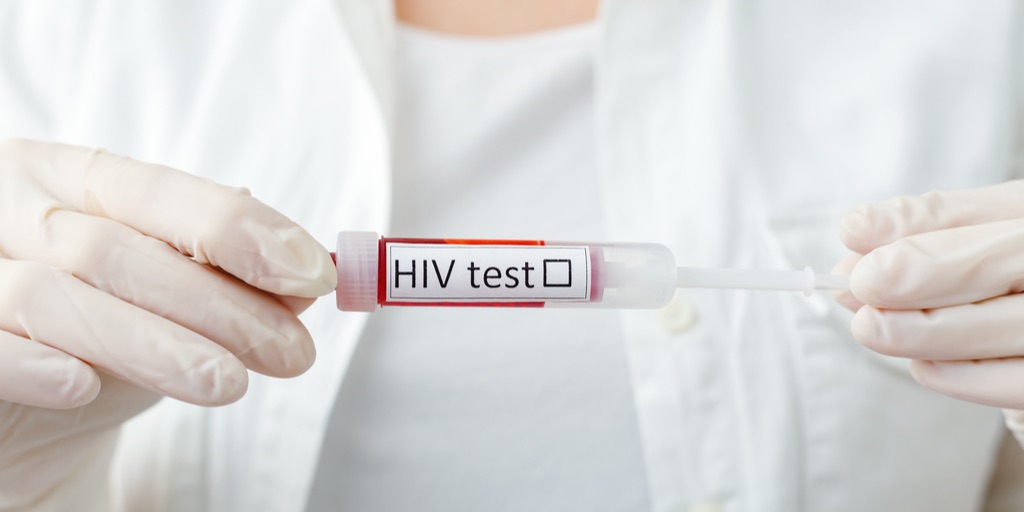Get Tested for HIV!
Approximately 355,000 people in Ghana are living with HIV, yet about 30% are unaware of their status. The only way you can know is by getting tested. An HIV screening test checks to see if you’ve been infected with HIV
What is HIV screening?
HIV screening is a simple blood or oral fluid test that detects HIV antibodies or antigens.
Who should get tested?
If you’re between 13-64 years old, get screened for HIV at least once as part of routine health care. However, if you have high-risk factors, you should get tested more frequently.
High-risk factors include:
– Being a sexually active man who has sex with men
– Injecting drugs or having sexual partners who do
– Having multiple sexual partners or partners with unknown HIV status
– Having sex in exchange for money or other things
– Being treated for hepatitis, tuberculosis, or sexually transmitted diseases
HIV Screening: Opt-In vs. Opt-Out
There are two approaches to routine HIV testing:
Opt-In: Your doctor or nurse will ask if you’d like an HIV test during a routine visit. You’ll need to provide permission in writing.
Opt-Out: During your routine visit, your doctor or nurse will notify you that an HIV test is included in the standard preventative screens unless you specifically decline or postpone the test.
Opt-out HIV testing, also known as universal screening, encourages more testing and can:
– Lower stigma associated with HIV testing
– Promote early HIV diagnosis and treatment
– Lower the risk of transmission
– Reduce costs
Benefits of Routine HIV Screening
Routine testing can:
– Detect HIV infection early, before symptoms appear
– Improve treatment outcomes and quality of life
– Reduce the risk of transmission to others
– Lower the cost of treatment and care
– Improve overall public health
Where can you get tested?
Get tested at your doctor’s office, community health centers, sexual health clinics, local health departments, or pharmacies with self-testing kits.
Remember, HIV testing is covered by the National Health Insurance Scheme without a copay. If you don’t have insurance, contact your local health clinic for free testing sites.
Don’t wait – get tested today and take control of your health!
